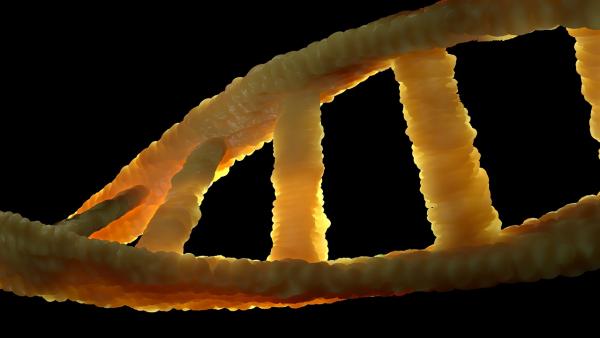OK, here’s another thought I had about the so-called “Nashville Statement” that’s been buzzing around social media.

Conservative evangelicals are some of the most docetic Christians around, in my experience.
By docetic, I mean they tend to differentiate between spiritual and material, and elevate the spiritual over the material. Docetism was an early Christian heresy, a belief about Jesus Christ which was condemned as inadequate at the Council of Nicaea (325). It held that Jesus only appeared to be a human being when, in fact, he was a phantasm, a mirage. How could God really become flesh, since flesh is inferior to the spiritual–and a genuine incarnation would render God, or the Word (logos) of God, impure.
Now, I’m not saying that evangelicals are actually docetists in their views of Jesus. But I am saying that their interpretations of the person, life, and teachings of Jesus tend toward a docetic, anti-fleshly, anti-material, Christology.
The centrality of the virgin birth of Jesus in evangelical theology reflects, in my view, a leaning toward docetism (I write about this in my forthcoming book, A Complicated Pregnancy: Whether Mary Was a Virgin and Why it Matters).
Their views of salvation tend toward a docetic, anti-fleshly, anti-material soteriology. The gospel is often reduced to “accepting Jesus as your personal Lord and savior” (believing inwardly “in your heart”) and “going to heaven when you die.”
And eschatology therefore is often reduced to an escape from “this world” into the next.
This also means that their anthropology often tilts docetic, too, in that the human being is understood to be a dualistic composite of two “substances” (physical and spiritual). The soul can depart the body at death, and go to “be with Jesus.”
Growing up evangelical, I was often taught a kind of “mind over matter” theology, or at least a “spirit over flesh” theology. What really matters is what’s in your heart, your beliefs, the perception you have of what God (Jesus) really thinks of you.
Except, of course, when it came to sex. That’s when the body matters. And of course when it comes to the act of sex, what matters above all is that you don’t do it–except under the right, sanctioned conditions.
In any case, when I read through the Nashville Statement, I was reminded yet again that, when it comes to sex or sexual identity (and to what they derogatorily call “transgenderism”), suddenly biology is everything.
Suddenly there are “divinely ordained differences” between male and female.
And there’s a “God-appointed link between biological sex and self conception as male or female.”
Suddenly, biology, or their interpretation of biology (God’s “holy purposes” and “original creation”) is all-determining.
Except, of course, it’s an approach to biology, creating the supposed “God-appointed link,” that sidelines real science in favor of outdated, traditionalist interpretations of the human person, through an ancient text that was never meant to teach biology in the first place.















